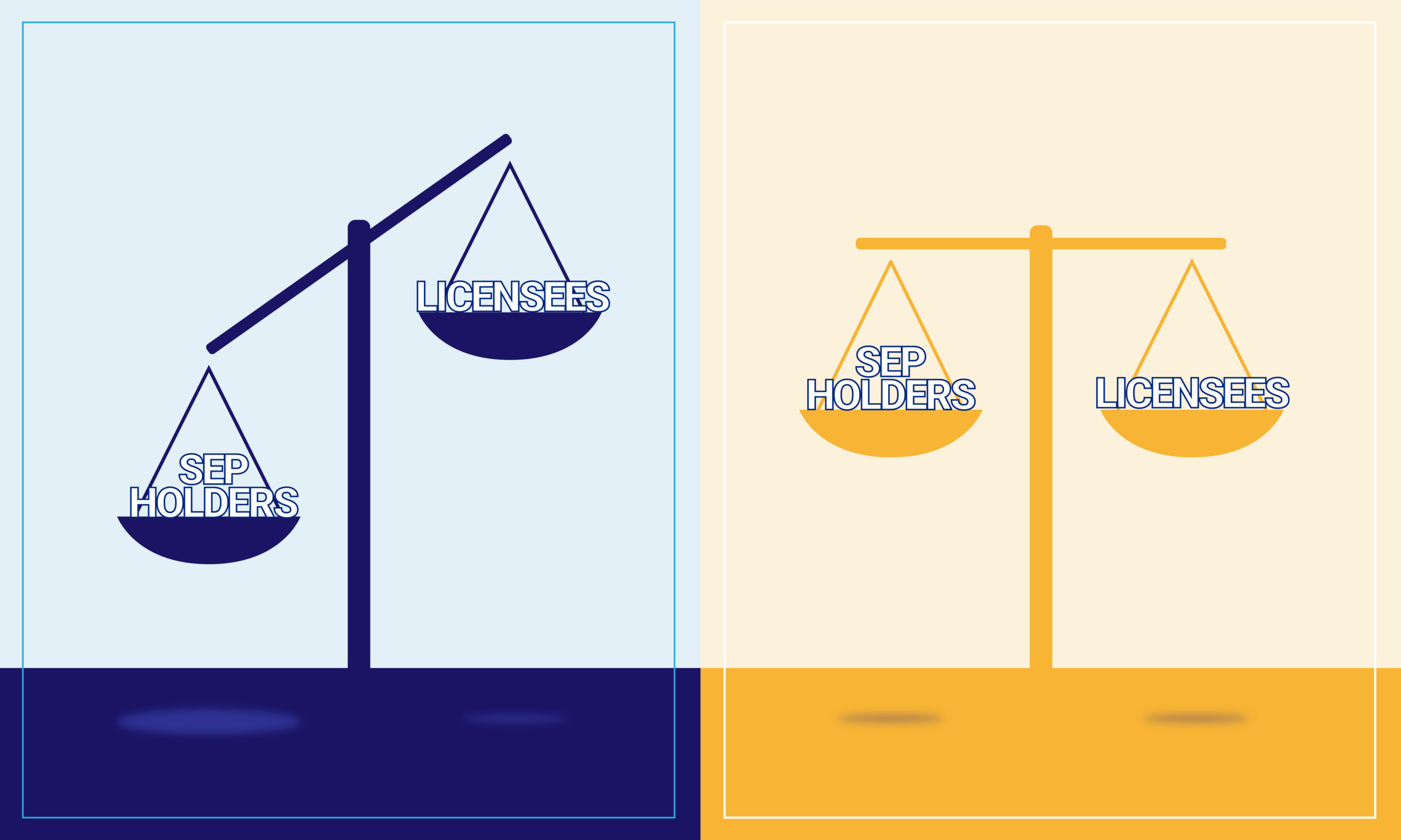Why Fairness Matters for Standard Essential Technologies
What is a standard essential patent?

Standard essential patents (SEPs) are patents which cover technology that is essential to a technical standard. SEPs play a critical role in enabling the development and implementation of interoperable products and services. However, the licensing of SEPs is often a complex and contentious issue.
Patents are considered “standard essential” if one or more of their claims reads on the technical specification of a standard, such as Wi-Fi or 5G. In practice, this means that these patents must necessarily be practiced in order to comply with the standard. This gives those who own SEPs leverage to exclude competitors or seek excessive royalties. To reduce these competition concerns, SEP holders generally commit to license their SEPs on “fair, reasonable, and non-discriminatory” (FRAND) terms so that standards are not used for anti-competitive purposes.
However, when SEP holders do not live up to their FRAND commitments, they make the system unfair, unpredictable and non-transparent.
Why we need fair access to SEPs
Businesses, large and small, across a variety of industries and different supply chain levels use standard essential technologies to bring innovative new solutions to European consumers. However, in the absence of clear and consistent guidelines, SEP owners can use their market power to demand unfair, unreasonable, and discriminatory licensing terms from licensees of standard technologies. This results in fewer innovative products for European consumers, at higher prices.
To address these challenges, regulation is needed to ensure that SEPs are licensed on fair, reasonable and non-discriminatory (FRAND) terms. The European Commission has put forward a proposal for an SEP regulation which aims to set the global standard for SEP transparency. The FSA supports the ambition laid out in the regulation to remedy the current status quo in the SEP licensing market.

Benefits of Regulation
The current system for licensing SEPs is chaotic, unpredictable, opaque and unfair. SEP holders regularly exploit information asymmetries and threaten injunctions to exclude potential licensees from the market in order to force licensees to agree to license terms that may not be FRAND.
SEP disputes and licensing uncertainty discourage investments into the next generation technologies that are driving digitalisation and green technologies. Internet of Things (IoT) markets are particularly sensitive to SEP abuse.
Regulation of SEP licensing can provide a number of benefits, including:
1. Fair prices for downstream innovators
2. Increased innovation
3. Greater interoperability of products and services
4. Reduced uncertainty for investors
A well-designed regulatory framework can help to ensure that SEPs are used to promote innovation and competition, rather than to stifle it.
Learn more about how the current status quo results in harms, and why we need regulation.


